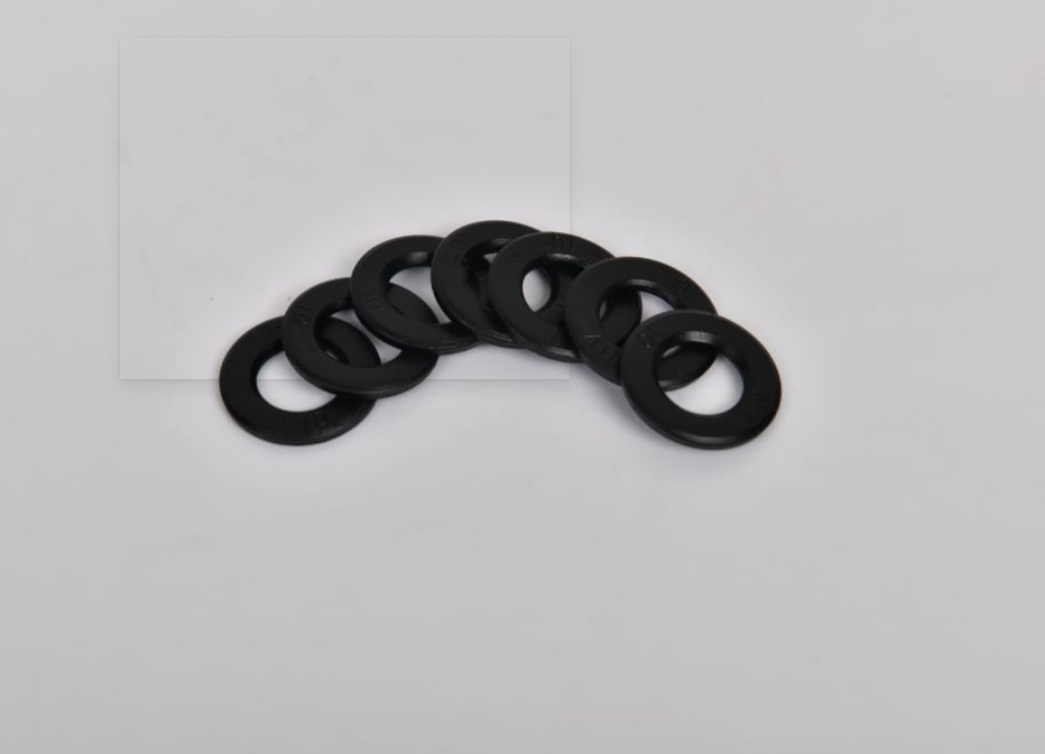Comparing Wood Screws and Self-Tapping Screws for Construction Projects
Understanding Wood Screws vs. Self-Tapping Screws A Guide for Companies
When it comes to fasteners in the woodworking and construction industry, two types of screws frequently come into play wood screws and self-tapping screws. Both serve critical roles, yet they are designed for different applications and materials. Understanding the differences between these screw types can help companies choose the right products for their projects.
Wood Screws Features and Applications
Wood screws are specifically designed for fastening wood materials. They typically have a sharp point and coarse threads that grip into wood fibers, providing a strong hold. The design of wood screws allows them to be driven into the wood without the need for a pre-drilled hole, although pilot holes are often recommended to prevent wood splitting.
These screws come in various lengths and diameters, and they are often made of materials that resist corrosion, such as stainless steel or coated steel. Companies involved in woodworking, construction, and furniture manufacturing frequently use wood screws for assembling furniture, installing cabinetry, and constructing wooden structures like decks and frames.
Self-Tapping Screws Unique Benefits
Self-tapping screws, on the other hand, are designed for use in a variety of materials, including metal, plastic, and composite materials. They have a unique design that includes a sharp tip and threads that can create their own mating thread as they are driven into the material. This self-privileged capability makes them highly efficient, as they can often eliminate the need for pre-drilling and can be inserted directly into tougher materials.
wood screw vs self tapping screw companies

These screws are particularly valuable in construction and manufacturing settings where time is of the essence. Their versatility allows companies to apply them across diverse applications, from metal framing to automotive assembly and even in appliances. Many self-tapping screws also come with coatings that enhance their resistance to rust and corrosion, making them suitable for outdoor applications.
Choosing the Right Screw for Your Needs
The choice between wood screws and self-tapping screws often depends on the specific requirements of a project. Companies must consider the materials they are working with, the environmental conditions (such as moisture exposure), and the fasteners’ intended structural integrity.
For projects that involve primarily wooden materials or require a high degree of holding power in wood, wood screws are typically the best option. In contrast, for applications involving other materials or where speed and efficiency are paramount, self-tapping screws may be a superior choice.
Conclusion
In summary, both wood screws and self-tapping screws hold significant importance for companies in the construction and manufacturing sectors. By understanding their unique features and applications, businesses can make informed decisions that enhance their productivity and ensure quality in their projects. Whether fastening wood or dealing with other materials, selecting the right fastener is key to achieving successful outcomes in any endeavor.
-
Top Choices for Plasterboard FixingNewsDec.26,2024
-
The Versatility of Specialty WashersNewsDec.26,2024
-
Secure Your ProjectsNewsDec.26,2024
-
Essential Screws for Chipboard Flooring ProjectsNewsDec.26,2024
-
Choosing the Right Drywall ScrewsNewsDec.26,2024
-
Black Phosphate Screws for Superior PerformanceNewsDec.26,2024
-
The Versatile Choice of Nylon Flat Washers for Your NeedsNewsDec.18,2024










